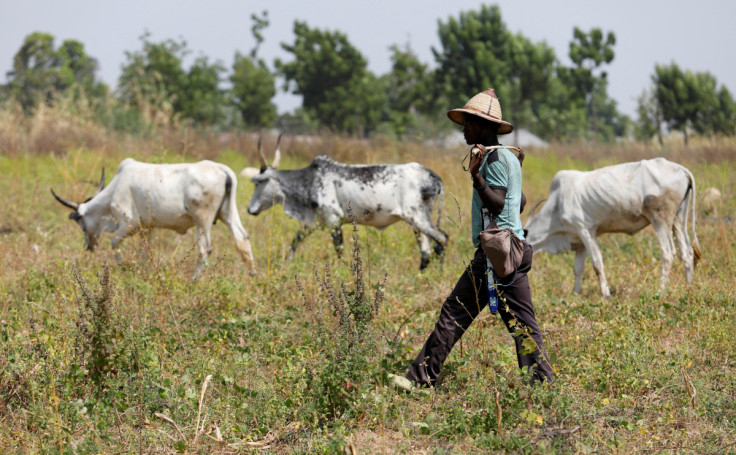US Urges Nigerian Authorities To Investigate Air Strike Killing Of Herders

The United States urged Nigerian authorities on Friday to investigate an air strike that Reuters reported killed dozens of cattle herders earlier this year and highlighted a pattern of deadly aerial assaults.
Dozens of ethnic Fulani herders died in a Jan. 24 aerial bombing in the central state of Nasarawa, according to a Reuters investigation published this week. The deaths raise awkward questions for allies such as the U.S., which arm Nigeria's military as part of ongoing efforts to quell Islamist insurgencies in West Africa.
"We urge Nigerian authorities to thoroughly investigate this and all other incidents of civilian harm in a timely and transparent manner," a State Department spokesperson said on Friday in an emailed response to questions about the reporting.
The spokesperson said senior U.S. officials and diplomats in Nigeria regularly engage with the Nigerian government on efforts to combat terrorism, discussing issues such as protecting civilians from harm. The spokesperson did not specify whether they had raised the January bombing with the Nigerians.
The spokesperson also said Washington is not aware of any information indicating weapons or aircraft supplied by the United States have been involved in any civilian harm incidents attributed to the Nigerian Air Force.
The deadly airstrike came amid renewed worries among U.S. lawmakers about weapons deals worth hundreds of millions to Nigeria, a country frequently criticized for its human rights record.
The State Department spokesperson said existing defense sales and security assistance to Nigeria include "robust components focused on human rights, preventing civilian harm, and promoting military justice and accountability."
"Reports of civilian harm should be thoroughly and transparently investigated," the spokesperson said.
In 2017, Nigeria's air force was criticized for bombing a camp for displaced people while on a mission targeting Islamist insurgents in Rann, near the Cameroonian border. The airstrike, which Nigerian officials admitted was a mistake, killed at least 90 people, the majority of them women and children, according to medical charity Medecins San Frontieres (MSF), which had teams in the camp at the time.
The State Department spokesperson said that since the 2017 bombing, the Nigerian military has taken corrective action to reduce civilian harm. The spokesperson added that as a result of U.S. training, Nigeria's Air Force is implementing targeting procedures to help avoid civilian casualties.
The U.S. State Department is also providing an embedded advisor to work with the Nigeria's military to develop a corps of military legal advisors focused on advising commanders during operations to prevent and mitigate harm to civilians, the spokesperson said.
© Copyright Thomson Reuters {{Year}}. All rights reserved.



















